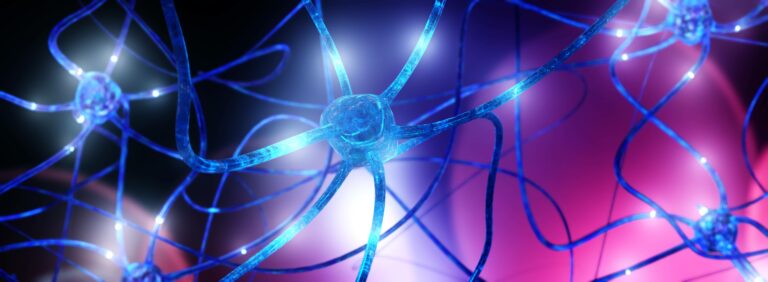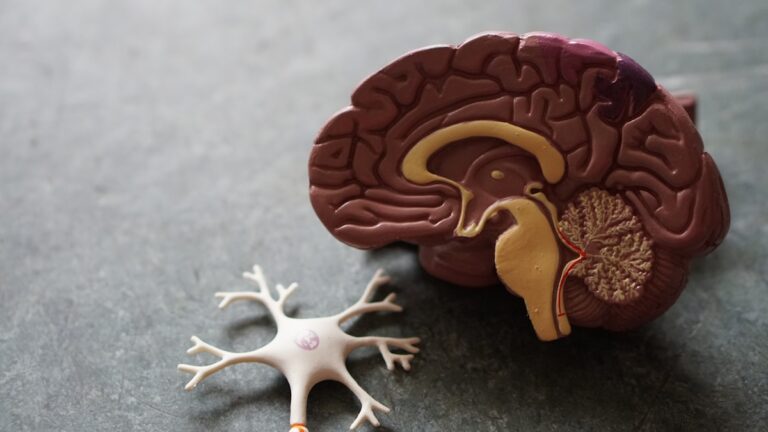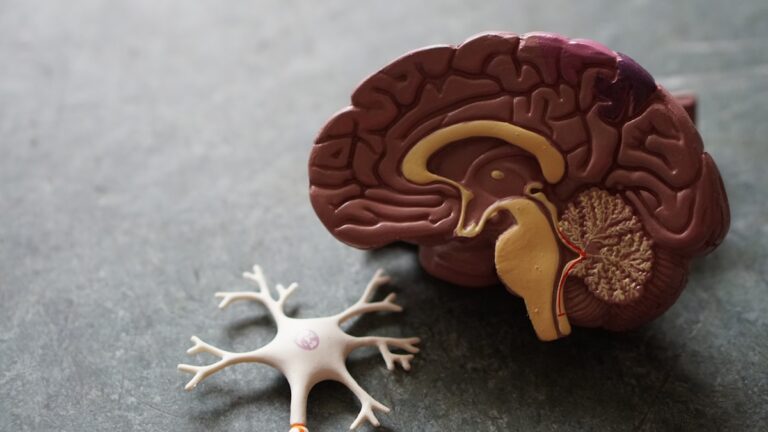Blood pressure is an important factor that affects our overall health and wellbeing. While most people know about the link between high blood pressure and cardiovascular diseases, many are not aware of the impact it can have on our brain function and memory. In this article, we will explore how blood pressure affects brain function and memory and the steps we can take to maintain a healthy blood pressure.
First, let’s understand what blood pressure is. Blood pressure is the force that your blood puts on the walls of your blood vessels as it flows through them. It is measured in two numbers – systolic pressure (the top number) and diastolic pressure (the bottom number). Systolic pressure measures the pressure in your arteries when your heart beats, while diastolic pressure measures the pressure in your arteries between heartbeats. A normal blood pressure reading is considered to be below 120/80 mmHg.
Now, let’s dive into how blood pressure affects our brain function and memory. The brain is one of the most important organs in our body, responsible for controlling our thoughts, movements, emotions, and memories. It requires a constant supply of oxygen and nutrients, which are delivered through the blood. When there is a disruption in this supply due to high blood pressure, it can lead to various complications that affect our brain function and memory.
One of the main ways high blood pressure affects the brain is by damaging the blood vessels. When the force of blood flow is too strong, it can cause the walls of the blood vessels to weaken and become damaged. This damage can lead to a condition called cerebral small vessel disease, which is characterized by the narrowing and thickening of small blood vessels in the brain. This can impair the brain’s ability to receive sufficient oxygen and nutrients, resulting in problems with cognitive function, such as difficulty with decision-making, problem-solving, and memory.
Moreover, high blood pressure can also lead to a higher risk of stroke, which occurs when there is a blockage or rupture of a blood vessel in the brain. When the supply of oxygen and nutrients to the brain is completely cut off, the brain cells begin to die, resulting in permanent brain damage. Depending on the severity and location of the stroke, it can cause memory loss, confusion, difficulty speaking and understanding, and other cognitive impairments.
In addition to damaging blood vessels and increasing the risk of stroke, high blood pressure can also lead to the formation of blood clots in the brain. Blood clots can block the flow of blood to certain areas of the brain, leading to a condition called transient ischemic attack (TIA), also known as a mini-stroke. While TIAs do not cause permanent damage, they can be a warning sign of an impending stroke and should be taken seriously.
On the other hand, low blood pressure can also have a negative impact on our brain function and memory. When blood pressure is too low, it means that not enough blood is reaching the brain, depriving it of oxygen and nutrients. This can result in dizziness, confusion, and difficulty concentrating. In severe cases, it can even lead to fainting or loss of consciousness.
Now that we understand how blood pressure affects our brain function and memory, let’s take a look at some steps we can take to maintain a healthy blood pressure. The first and most important step is to make lifestyle changes such as following a healthy diet, exercising regularly, and managing stress. A diet rich in fruits, vegetables, whole grains, and lean protein can help lower blood pressure. Regular physical activity can also help keep blood pressure in check. Additionally, managing stress through relaxation techniques like meditation, deep breathing, or yoga can also help reduce blood pressure.
In some cases, medication may be necessary to control blood pressure. It is essential to follow your doctor’s recommendations and take medication as prescribed. It is also important to regularly monitor your blood pressure and visit your doctor for check-ups.
In conclusion, blood pressure plays a crucial role in maintaining our brain function and memory. Both high and low blood pressure can cause damage to the blood vessels in the brain, leading to various complications that affect our cognitive abilities. By making lifestyle changes and following medical advice, we can keep our blood pressure in a healthy range and reduce the risk of developing these complications. So let’s take care of our blood pressure to keep our brains healthy and functioning at their best.





